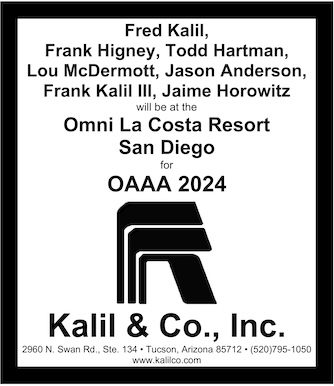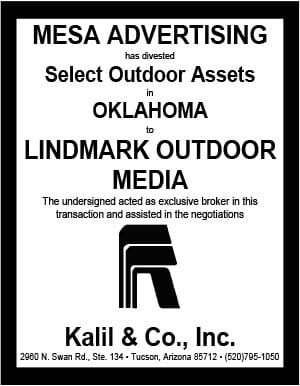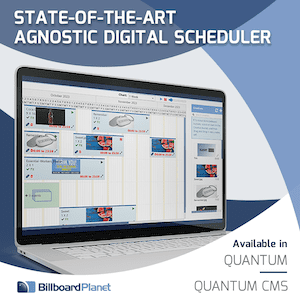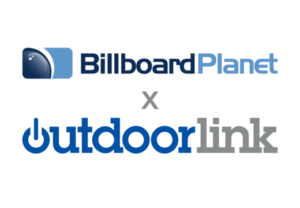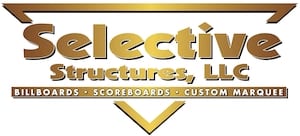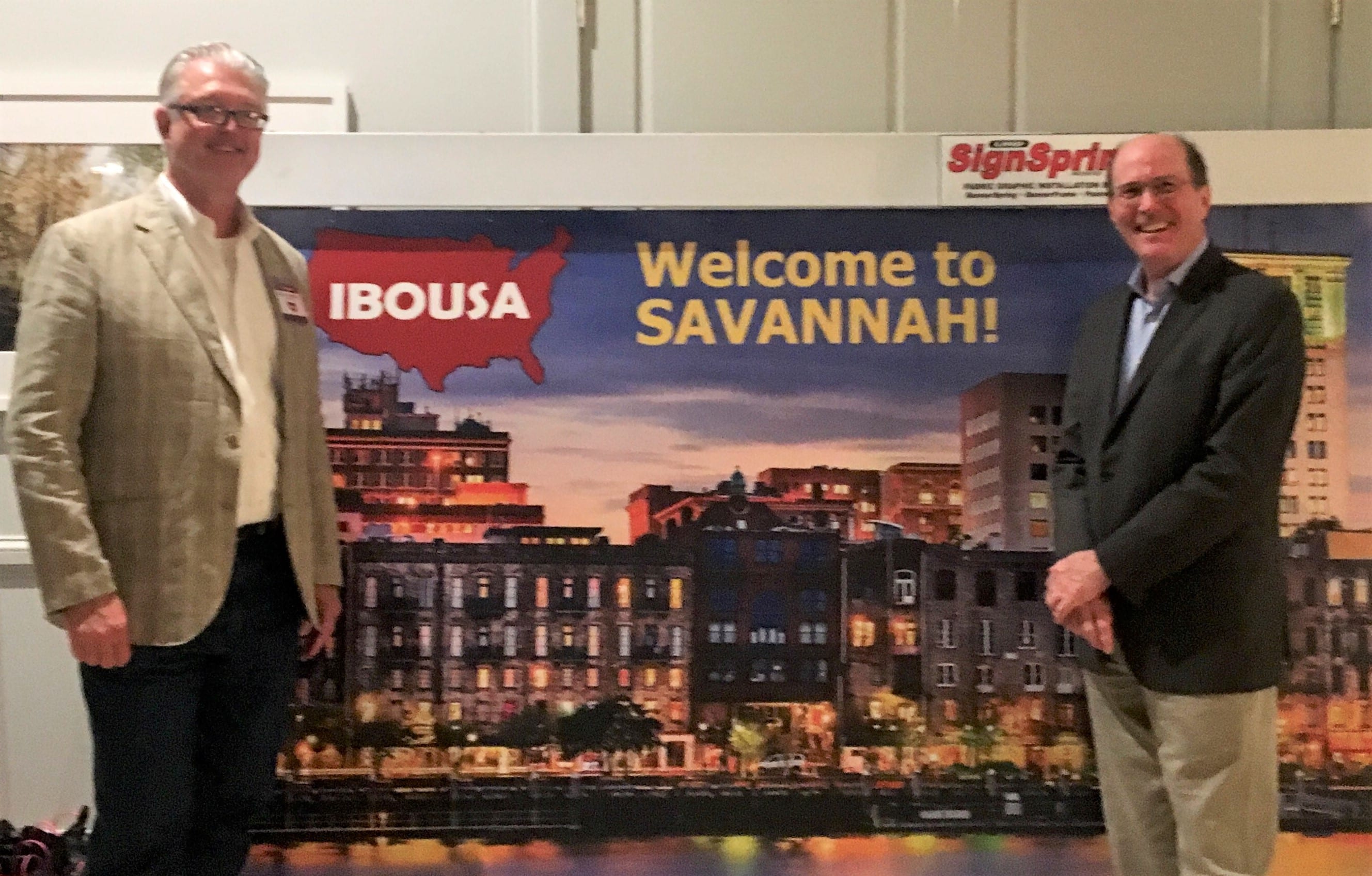
Here is a re-cap of OAAA EVP Ken Klein’s presentation to independent billboard operators (IBOUSA) in Savannah on May 9.
First Amendment
First Amendment free speech protections knocked out San Francisco’s mandated warning label on ads for sugary drinks and Cincinnati’s targeted tax on billboards (that case is on appeal in state court in Ohio).
But the sharp sword of the First Amendment also cut down Tennessee’s billboard law, Klein said. A federal appeals court is expected to rule soon on the Tennessee case (Thomas v. Schroer), which could go to the US Supreme Court.
The billboard industry is keeping close watch on this case because federal and state billboard laws say government must compensate billboard owners and landowners if government removes billboards. The industry’s goal, Klein said, is to preserve just-compensation protection.
Paying for Roads and Bridges
Ohio recently raised its gas tax to fix crumbling infrastructure; other states have done likewise.
Ultimately, government will consider moving away from the gas tax toward taxation of miles driven, Klein said. The new method, called VMT (vehicle miles traveled), would be controversial due to concerns about privacy and fairness.
The gas tax will seem outmoded as more engines become hybrid or electric. The federal gas tax, which is not indexed for inflation, has been 18.4 cents a gallon since 1993.
Focus on Right of Way
The scramble to pay for roads and bridges will keep focus on various proposals to commercialize/monetize the highway right of way.
So far, the Trump Administration has been consistent in preserving existing regulations against advertising and other commercial activities in the public right of way:
- Could Texas sell corporate-logo sponsorships of official traffic signs? No.
- Could Arizona convert rest areas to full-service plazas? No.
- Could advertisers put copy on the blank back sides of highway traffic signs? No.
- Could New York State deviate from the federal sign manual that requires uniformity? The feds threatened to take away $14 million in highway funds. New York State removed most of the errant signs; some remain as an “experiment.”
Vice Advertising
Klein described alcohol as a “mature” category that embraces self-regulation of advertising.
Drawing a contrast, he said the emerging cannabis industry is less united and less self-regulated than alcohol. Plus, the current top priority of the cannabis industry is to reform tax and banking regs so pot enterprises are treated like other businesses.
Eventually, the cannabis industry seems likely to settle on self-regulation of advertising similar to restraints in place in the alcohol industry, Klein predicted.
Note: Rules for marijuana advertising vary state by state. If you need help, contact OAAA’s Kerry Yoakum at kyoakum@oaaa.org.
[wpforms id=”9787″]
Paid Advertisement
